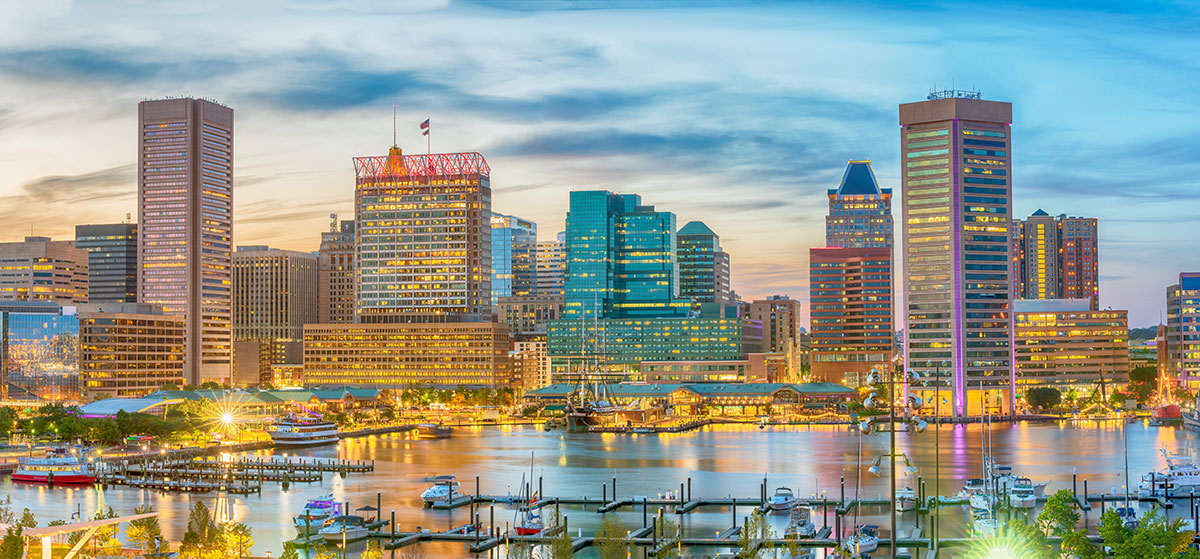A Changing World of Work
When we look at the pace of technological change, one thing becomes clear. Many of the jobs that will define the next decade do not even exist today. Artificial intelligence, renewable energy, biotechnology, and advanced manufacturing are reshaping industries at a speed that can feel dizzying. For Baltimore, a city with a rich history of industry and innovation, this is both a challenge and an opportunity.
As someone who works closely with local entrepreneurs and organizations, I see a pressing need to prepare our young people not just for the jobs of today, but for the jobs of tomorrow. The future of work will require flexibility, curiosity, and the ability to learn new skills quickly. We cannot afford to leave Baltimore’s workforce unprepared.
The Skills That Will Matter Most
When people think about preparing for the future, they often focus on technical skills like coding, data analysis, or robotics. These will certainly matter, but the future of work will demand something more. Critical thinking, creativity, adaptability, and problem solving will be just as important as technical knowledge.
For example, artificial intelligence will automate many routine tasks. But that means people will need to focus on the things AI cannot do as well, like understanding human needs, solving complex problems with limited information, and building meaningful relationships. Employers will value workers who can learn new tools quickly, think outside the box, and collaborate across diverse teams.
Education Must Evolve
Baltimore’s schools, colleges, and training programs need to rethink how they prepare students. It is not enough to focus only on traditional subjects or outdated job pathways. We need to give students more opportunities to explore emerging fields and to practice real-world problem solving.
Imagine high school students working on community projects that involve designing sustainable energy solutions or using AI to analyze local health challenges. These experiences do more than teach technical skills. They build confidence, creativity, and resilience. Colleges and training programs must also provide flexible pathways, allowing students to upskill or reskill as industries evolve.
Entrepreneurs as Role Models
Entrepreneurs in Baltimore can play a critical role in this process. Many young people do not see themselves in traditional career paths, but they light up when they hear about someone who turned an idea into a business. By sharing their stories, mentoring students, and offering internships, entrepreneurs can give the next generation a clear picture of what it means to adapt, innovate, and take risks.
Small businesses can also provide learning opportunities that go beyond the classroom. A local café experimenting with AI-driven marketing tools or a retail shop adopting new e-commerce platforms can show students how technology and creativity come together in real life. These hands-on examples can inspire young people to see possibilities they never imagined.
Building Partnerships That Last
Preparing Baltimore’s workforce for the future cannot be done by schools alone. It requires collaboration between educators, businesses, nonprofits, and government. When these groups work together, they can design programs that meet real industry needs while giving students exposure to meaningful experiences.
For example, partnerships between tech companies and local schools could bring coding workshops to neighborhoods where students might not otherwise have access. Nonprofits could provide mentorship programs that connect students with professionals in emerging industries. City leaders could invest in workforce training centers that focus on renewable energy, cybersecurity, or other high-demand fields.
A Focus on Equity
One of the biggest risks we face is leaving behind communities that already struggle with access to education and opportunity. If we want to prepare the next generation for jobs that do not exist yet, we must make sure that access to training, mentorship, and resources is available to everyone in Baltimore, not just a select few.
This means investing in digital infrastructure so that every student has reliable internet access. It means supporting schools in under-resourced neighborhoods with up-to-date technology and career programs. And it means building pathways that connect young people from all backgrounds to internships, apprenticeships, and entrepreneurship opportunities.
A Call to Action
The future of work is not something to fear. It is something we can shape together. Baltimore has the talent, the creativity, and the resilience to thrive in this new era. But it will take intentional effort to make sure our young people are ready.
We must challenge our schools to think differently about how they prepare students. We must encourage businesses and entrepreneurs to open their doors and share their knowledge. We must build partnerships that bring together the best of education, industry, and community. Most importantly, we must ensure that no one is left behind.
Looking Ahead
Ten years from now, Baltimore’s workforce could look very different. Some of the most in-demand jobs may not even have names yet. But if we prepare our young people with the right mix of technical skills, critical thinking, and adaptability, they will be ready to meet whatever challenges come their way.
I believe the next generation of innovators, leaders, and problem solvers is already here in our city. With the right support, they will not only be prepared for the future of work, they will shape it. That is how Baltimore will thrive in a world of jobs that do not yet exist.
